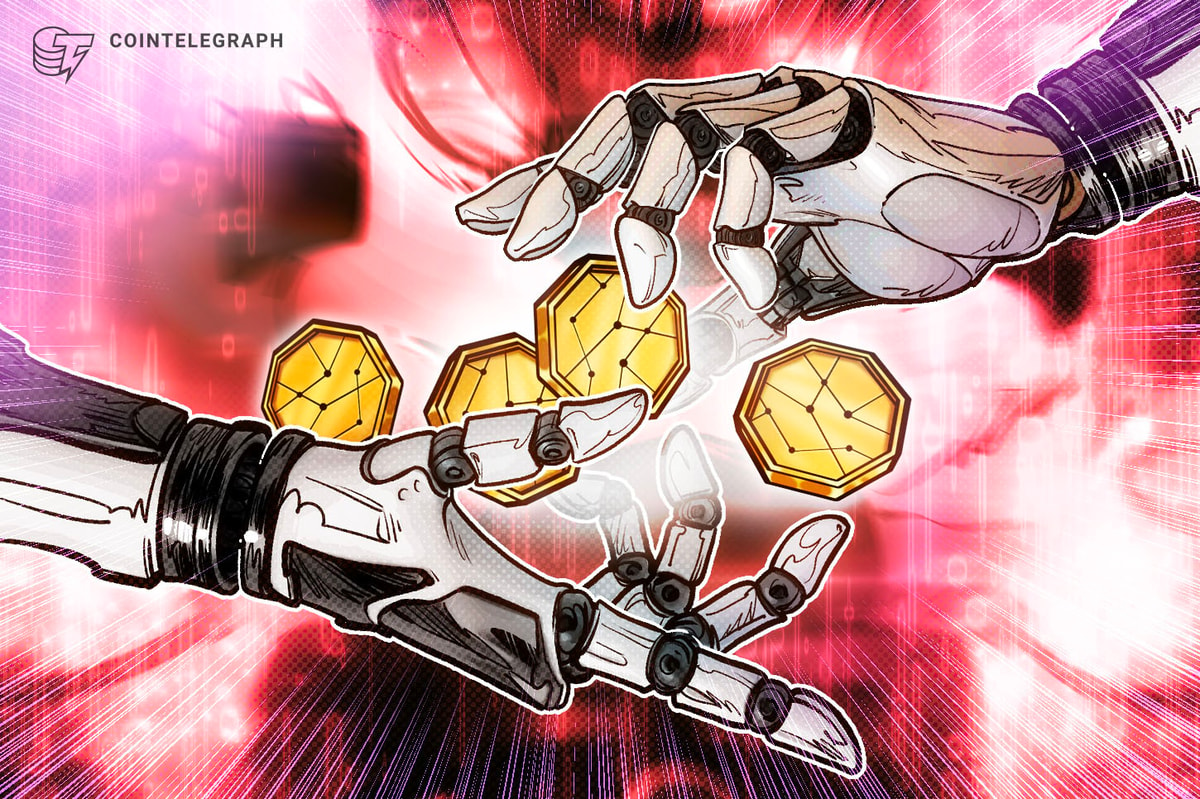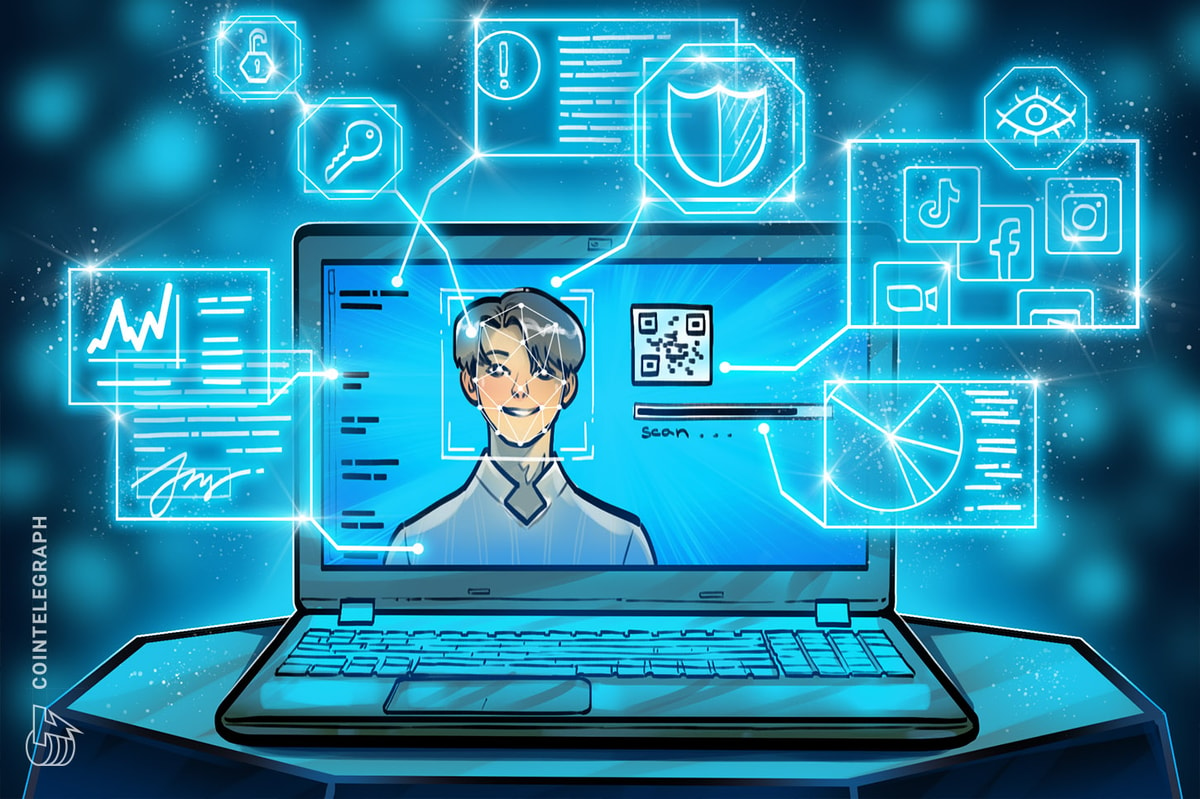The Convergence of AI and Blockchain
Artificial Intelligence (AI) and blockchain technology are revolutionizing various sectors, and their integration is expected to have a profound impact on the future of technology.
AI brings advanced data processing capabilities, enhancing decision-making with speed and precision. Meanwhile, blockchain offers a secure, decentralized ledger that ensures data integrity and transparency.
The combination of AI and blockchain creates a powerful synergy that can address some of the fundamental challenges in technology today.
What is Artificial Intelligence?
AI is the ability of computer systems to perform tasks that typically require human intelligence, such as recognizing speech, understanding language, making decisions, and identifying patterns.
AI is not just a single technology but a broad field encompassing various techniques and technologies, including machine learning, computer vision, and natural language processing (NLP).
Machine learning involves training algorithms on data, allowing them to improve their performance over time without being explicitly programmed for each task.
For example, AI can analyze vast amounts of data to identify trends or make predictions, which is useful in fields like healthcare for diagnosing diseases or in finance for predicting market trends.
What is Blockchain?
Blockchain is a digital ledger technology that records transactions in a decentralized and secure manner.
It is the underlying technology behind cryptocurrencies like Bitcoin (BTC) and Ethereum (ETH) but has applications far beyond digital currencies.
Each transaction or “block” in blockchain is linked to the previous and subsequent blocks, forming a chronological chain that is nearly impossible to alter.
Blockchain vs AI: How Do Blockchain and AI Work Together?
Here is a breakdown of how artificial intelligence and blockchain work together:
| Blockchain Contribution | AI Contribution | Combined Benefit |
| Ensures data immutability and secure, transparent transactions | Detects fraudulent activity through pattern recognition | Enhances data reliability, aiding in compliance and auditing processes |
| Automates contractual obligations with smart contracts | Streamlines decision-making by processing data efficiently | Improves business processes, reducing time and costs in operations |
| Provides a secure and decentralized data storage solution | Analyzes and manages vast amounts of data | Protects and leverages data for better decision-making and integrity |
| Supports loyalty programs and secure customer data management | Personalizes customer interactions based on data analysis | Creates tailored experiences, increasing customer satisfaction and retention |
| Maintains a permanent and transparent record of all transactions | Assists in monitoring and ensuring compliance in real-time | Streamlines compliance with regulations, ensuring transparency and traceability |
Benefits of Combining AI and Blockchain
AI in blockchain creates powerful synergies that extend beyond their individual capabilities. Here are some examples of how they can work together to improve industries:
Data Integrity and Security
By securing AI data on a blockchain, industries such as logistics and supply chain management can ensure the authenticity and accuracy of data across the entire supply network.
Improved Decision-Making
In the energy sector, integrating AI with blockchain can allow for better management of data across distributed energy grids.
Automation and Efficiency
The real estate industry can also benefit from the automation of land registry and lease management processes.
Decentralized AI
In media and entertainment, decentralized AI networks on blockchain can allow creators and consumers to interact without intermediaries.
Governance and Transparency
In the automotive industry, particularly in autonomous vehicles, blockchain can log all sensor and operational data while AI can interpret this data for vehicle performance and safety enhancements.
The Future of AI and Blockchain
The future of AI and blockchain could bring critical changes. Both technologies are evolving, and their integration could enhance operational efficiencies and create new opportunities for innovation.
AI is becoming more accessible and efficient thanks to advancements such as low-rank adaptation, which simplifies the modification of pre-trained models, making it easier for smaller entities to utilize advanced AI capabilities.
On the blockchain front, the technology is seeing greater enterprise adoption and improved regulatory clarity. This could enable more efficient transactions in several industries in the future.
Moreover, the synergy between AI and blockchain could be useful in the development of virtual environments, such as the Metaverse.
While AI could enhance the interactivity and realism of virtual spaces, blockchain could ensure the security of digital identities and transactions.
Conclusion
The convergence of AI and blockchain has the potential to revolutionize various industries and create new opportunities for innovation. As both technologies continue to evolve, their integration could lead to significant advancements in areas such as data integrity, decision-making, automation, and governance.
FAQs
Q: What is the main benefit of combining AI and blockchain?
A: The main benefit of combining AI and blockchain is the creation of a powerful synergy that can address some of the fundamental challenges in technology today, such as data integrity, decision-making, and automation.
Q: How does blockchain enhance AI?
A: Blockchain enhances AI by providing a secure, decentralized, and transparent environment for data storage and processing, ensuring data integrity and reliability.
Q: How does AI enhance blockchain?
A: AI enhances blockchain by providing advanced data processing capabilities, enabling faster and more accurate decision-making, and streamlining business processes.
Q: What are some potential applications of AI and blockchain?
A: Some potential applications of AI and blockchain include supply chain management, energy management, real estate, media and entertainment, and autonomous vehicles.









